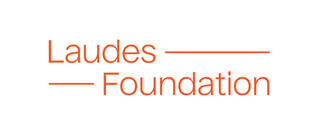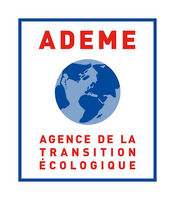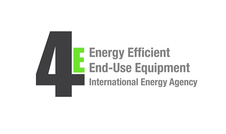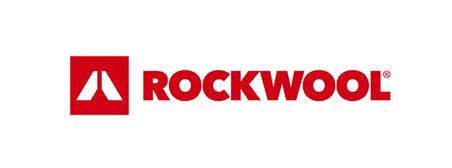Search eceee proceedings
100% targets mean reaching everyone: The imperative for inclusive financial solutions
Panel: 7. Policies and programmes for better buildings
This is a peer-reviewed paper.
Authors:
Holmes Hummel, Clean Energy Works, USA
Jill Ferguson, Stanford University, E-IPER Program, USA
Stephen Bickel, Clean Energy Works, USA
Jill Grey Ferguson, Stanford University
Abstract
With more countries urgently seeking a path to 100 % decarbonization targets, scaling up building energy upgrades is imperative, yet most financial solutions for capitalizing these essential upgrades have not proven to be fiscally sustainable or scalable to even remotely approach those aims. In the U.S., most households are systematically disqualified from participation in the clean energy economy by pervasive barriers like upfront cost or the split incentive between renters and landlords. The resulting clean energy divide is a painful and polarizing artifact of policies that advantage affluent households with discretionary income and larger tax liabilities. In a search for remedies, several U.S. states have sought to popularize consumer loan products for energy upgrades. Four of the best performing state-backed consumer loan programs for energy efficiency upgrades have reported reaching a maximum of 0.1% of the eligible households in any year, and among the beneficiaries, 90% of the households had credit scores that were prime or better. These results reflect rules in the financial services sector that were never meant to serve everyone. Meanwhile, ten U.S. states have at least one utility offering Inclusive Utility Investment with strong consumer protections. They are harnessing a century-old social compact already in use by utilities across the globe to assure that a combination of funding and financing can reach every building regardless of income, credit score, or renter status of the occupant. California, Illinois, and New York have each concluded that access to financing is a significant barrier to efficiency, electrification and on-site solar upgrades necessary to reach state decarbonization targets, and now each have policy proceedings underway that could result in introduction of Inclusive Utility Investment by some of the largest utilities in the U.S. This paper will explain how Inclusive Utility Investment policies are expanding access and investment, with potential for replicability in more countries.
Downloads
Download this presentation as pdf: 7-111-22_Ferguson_pres.pdf
Download this paper as pdf: 7-111-22_Hummel.pdf
Panels of
1. Dynamics of consumption: less is more?
2. Efficiency and beyond: innovative energy demand policies
3. Policy, finance and governance
4. Monitoring and evaluation for a wise, just and inclusive transition
5. Towards sustainable and resilient communities
6. Energy-efficient and low-carbon mobility for all
7. Policies and programmes for better buildings
8. Innovations in products, systems and building technologies



























